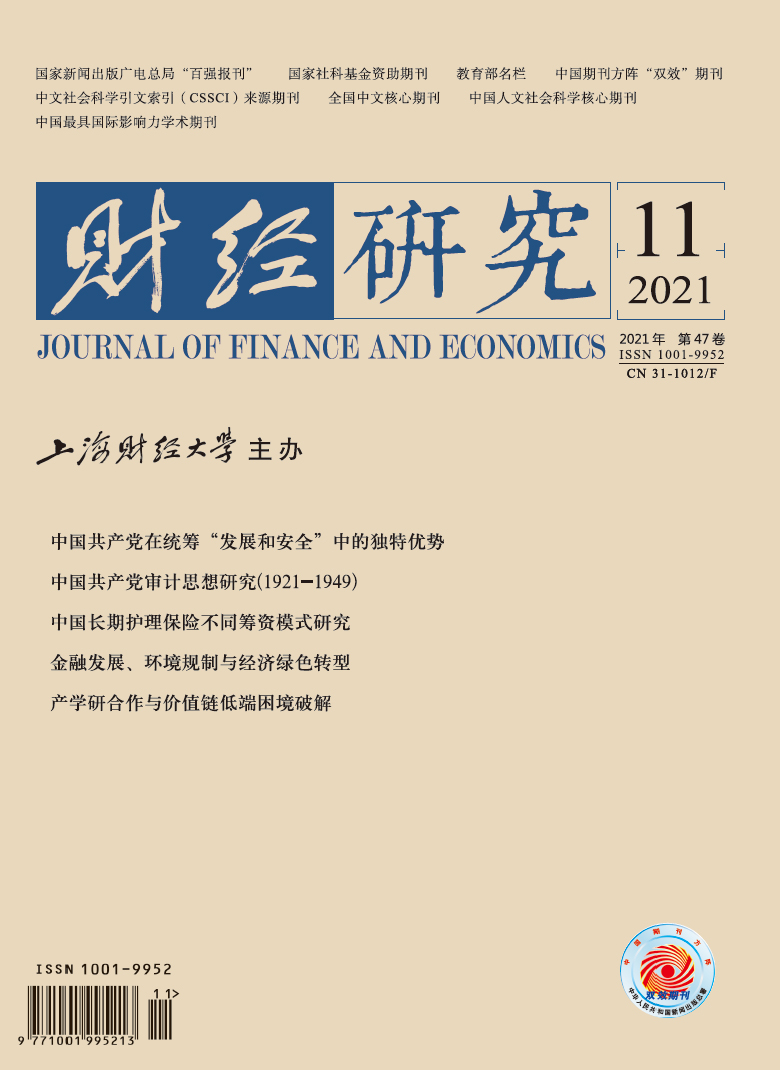The high-stage goal of new urbanization is to continuously improve the urban life experience of migrant workers as the main body of integration. This change in subjective perception factors is often based on the mental changes of migrant workers, and the subtle role of culture is also not to be ignored. The continuation of rural customs is often regarded as an unfavorable factor in the urban cultural adaptation of migrant workers, but its impact on the urban life experience of migrant workers has not yet been fully confirmed by experience.
By constructing a comprehensive measurement index of rural customs, this article systematically evaluates the impact of rural customs on the subjective life quality, which is an important characterization of migrant workers’ urban life experience, from a theoretical and empirical level with the help of dynamic monitoring data of floating population. The research results show that: After correcting the potential endogenous errors, rural customs have a significant positive impact on the subjective life quality indicators such as life satisfaction, mental health, and social goodwill of migrant workers, which confirms the positive role of the native nature. The mechanism test results show that the retention of rural customs can make migrant workers more actively join the fellow villager associations at work sites. With the help of the resource support and risk-sharing function of cross-regional formal social network, the subjective life quality of migrant workers can be effectively improved. In addition, the promotion effect of rural customs on the subjective life quality of migrant workers will show a certain degree of heterogeneity due to the positive acceptance attitude of urban residents, and there are certain generational differences in this promotion effect. The policy implication of this article is to fully respect cultural diversity, shape the traditional cultural self-confidence of migrant workers, improve the cultural adaptability of migrant workers, and standardize the development of primary social network organizations for migrant workers in cities based on rural culture, which can help this group to better integrate into the urban society while retaining homesickness.
The academic value of this article is mainly reflected in the following two aspects: On the one hand, this article strives to transition from focusing on the influencing factors of the cultural identity conversion of immigrants to analyzing the consequences of the rural-urban cultural impact of migrant workers within the integrated rural-modern analysis framework. It provides a possible perspective for studying the effect and mechanism of cultural inertia experienced by migrant workers. On the other hand, this article gives empirical evidence that traditional rural culture affects the subjective life quality of migrant workers, which has a certain reference value for understanding the cultural conflict theory or the cultural adaptation theory to explain the phenomenon of migrant workers’ cultural integration.






 5228
5228  7426
7426

